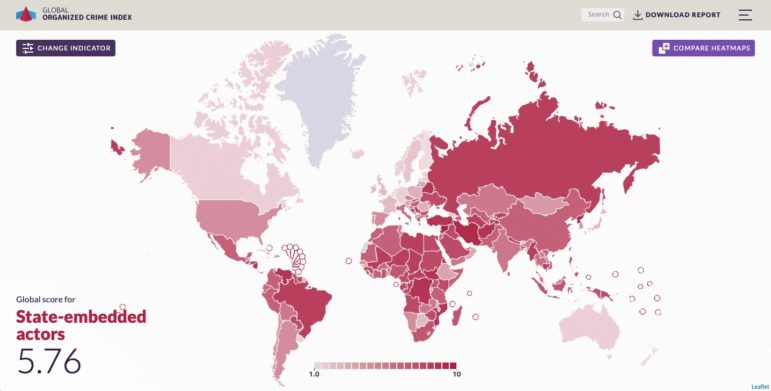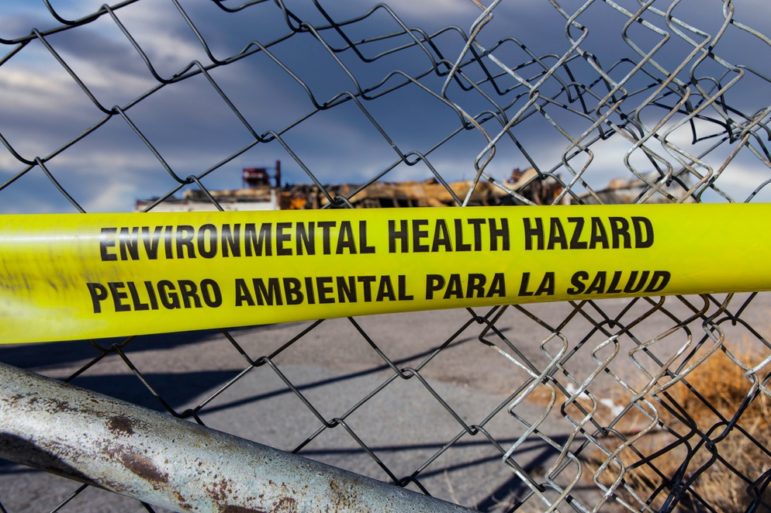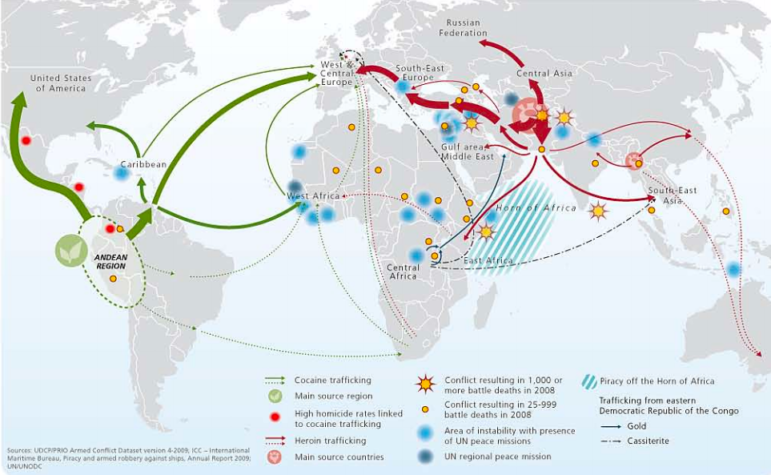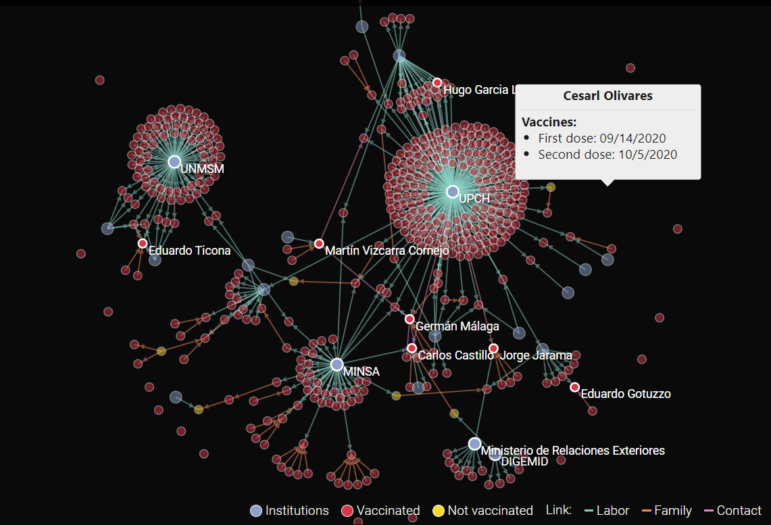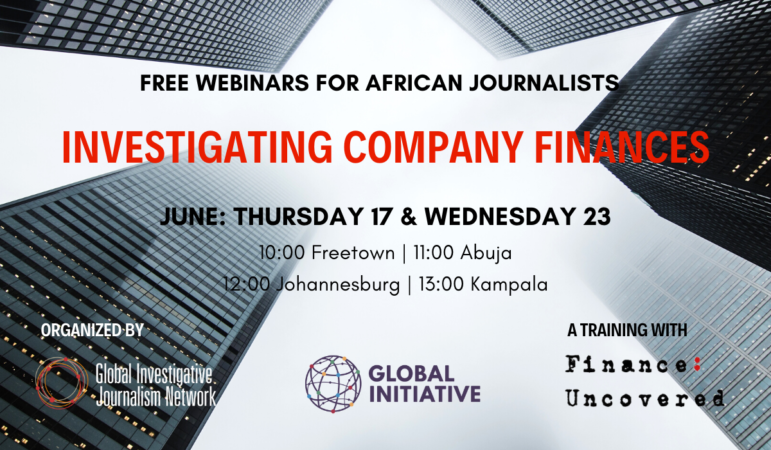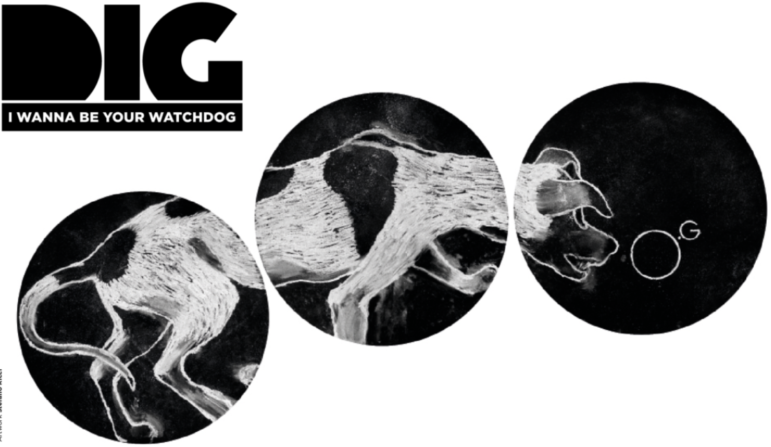
News & Analysis
DIG Festival Honors Investigative Films That Exposed Scandals
A jury of 10 veteran journalists assembled by GIJN member DIG (Documentari Inchieste Giornalismi, Italian for Documentaries, Investigation, and Journalism) announced winners in seven categories this week. From betrayals by Western oil companies in Africa to hidden radiation poisoning and collusion between criminals and government spooks, the winning teams tackled tough topics with dogged patience and innovative approaches.

